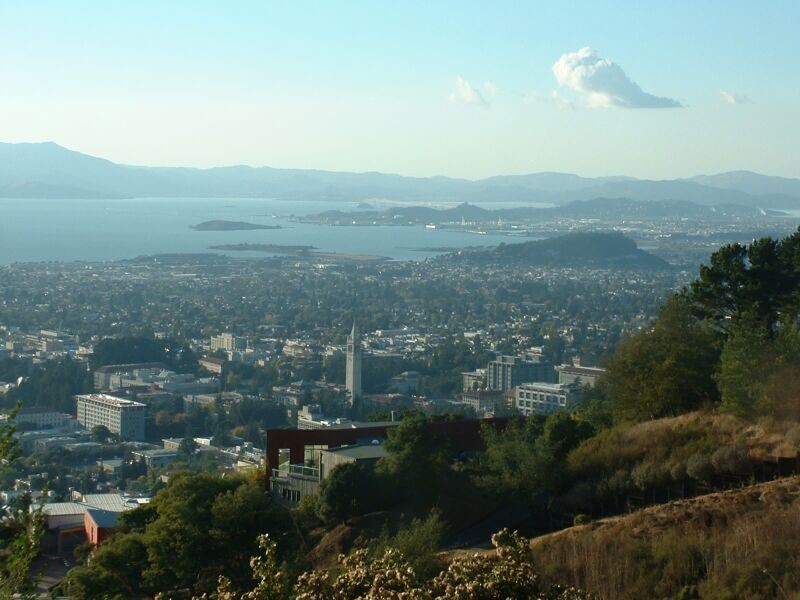Volunteers in Berkeley, Calif., are collecting signatures for the “Green Downtown & Public Commons Initiative,” a controversial measure that critics charge would halt some development in the city. The initiative has higher green standards and less flexible design guidelines—factors that developers say could stop two major projects, a proposed 180-foot high hotel and a 17-story apartment tower.
The initiative would mandate that developers planning a project taller than 60 feet use the “Green Pathways” provision of the Downtown Area Plan. This rule—currently optional—says that a developer can provide a higher level of community benefits in exchange for a fast-track approval process. Under Green Pathways, developers have to make structures LEED Platinum rather than LEED Gold; build more parking; include spaces for bicycles, electric cars and the handicapped; pay prevailing wages to construction and hotel workers; and make sure that half of a project’s construction workers are Berkeley residents.
The financial proposition for a high-rise hotel in Berkeley is fragile, according to a representative of the proposed hotel, and the new initiative would require additional setbacks and restrictions that would make it impossible to have enough rooms on each floor to make the project viable. The initiative calls for a minimum 15-foot setback, but the hotel developer says the structure must have a 10-foot setback to have enough space per floor.
City Councilman Jesse Arreguín, who supports the measure, says it is not intended to stop development, but is a way of getting developers to contribute more benefits to the downtown area.
Related Stories
Legislation | Aug 5, 2022
D.C. City Council moves to require net-zero construction by 2026
The Washington, D.C. City Council unanimously passed legislation that would require all new buildings and substantial renovations in D.C. to be net-zero construction by 2026.
| Aug 4, 2022
Newer materials for green, resilient building complicate insurance underwriting
Insurers can’t look to years of testing on emerging technology to assess risk.
Codes and Standards | Aug 3, 2022
Some climate models underestimate risk of future floods
Commonly used climate models may be significantly underestimating the risk of floods this century, according to a new study by Yale researchers.
Codes and Standards | Aug 2, 2022
New tools help LEED projects reach health goals
The U.S. Green Building Council now offers tools to support the LEED Integrative Process for Health Promotion (IPHP) pilot credit.
Codes and Standards | Jul 29, 2022
Few projects and properties are being built beyond code
Clients and architects disagree on how well building to code provides resilience, according to a recent report by the American Institute of Architects (AIA) in partnership with Owens Corning.
Multifamily Housing | Jul 28, 2022
GM working to make EV charging accessible to multifamily residents
General Motors, envisioning a future where electric vehicles will be commonplace, is working to boost charging infrastructure for those who live in multifamily residences.
Codes and Standards | Jul 27, 2022
Biden administration proposes drastic flood insurance reform
The Biden administration’s proposed major overhaul to the National Flood Insurance Program, or NFIP, would drastically alter how Americans protect homes and businesses against flooding.
Codes and Standards | Jul 22, 2022
Office developers aim for zero carbon without offsets
As companies reassess their office needs in the wake of the pandemic, a new arms race to deliver net zero carbon space without the need for offsets is taking place in London, according to a recent Bloomberg report.
Codes and Standards | Jul 22, 2022
Hurricane-resistant construction may be greatly undervalued
New research led by an MIT graduate student at the school’s Concrete Sustainability Hub suggests that the value of buildings constructed to resist wind damage in hurricanes may be significantly underestimated.
Building Team | Jul 20, 2022
San Francisco overtakes Tokyo as the world’s most expensive city for construction
San Francisco has overtaken Tokyo as the world’s most expensive city for construction, according to a new report from Turner & Townsend.

















